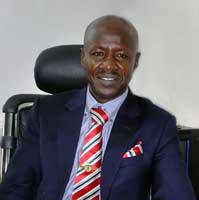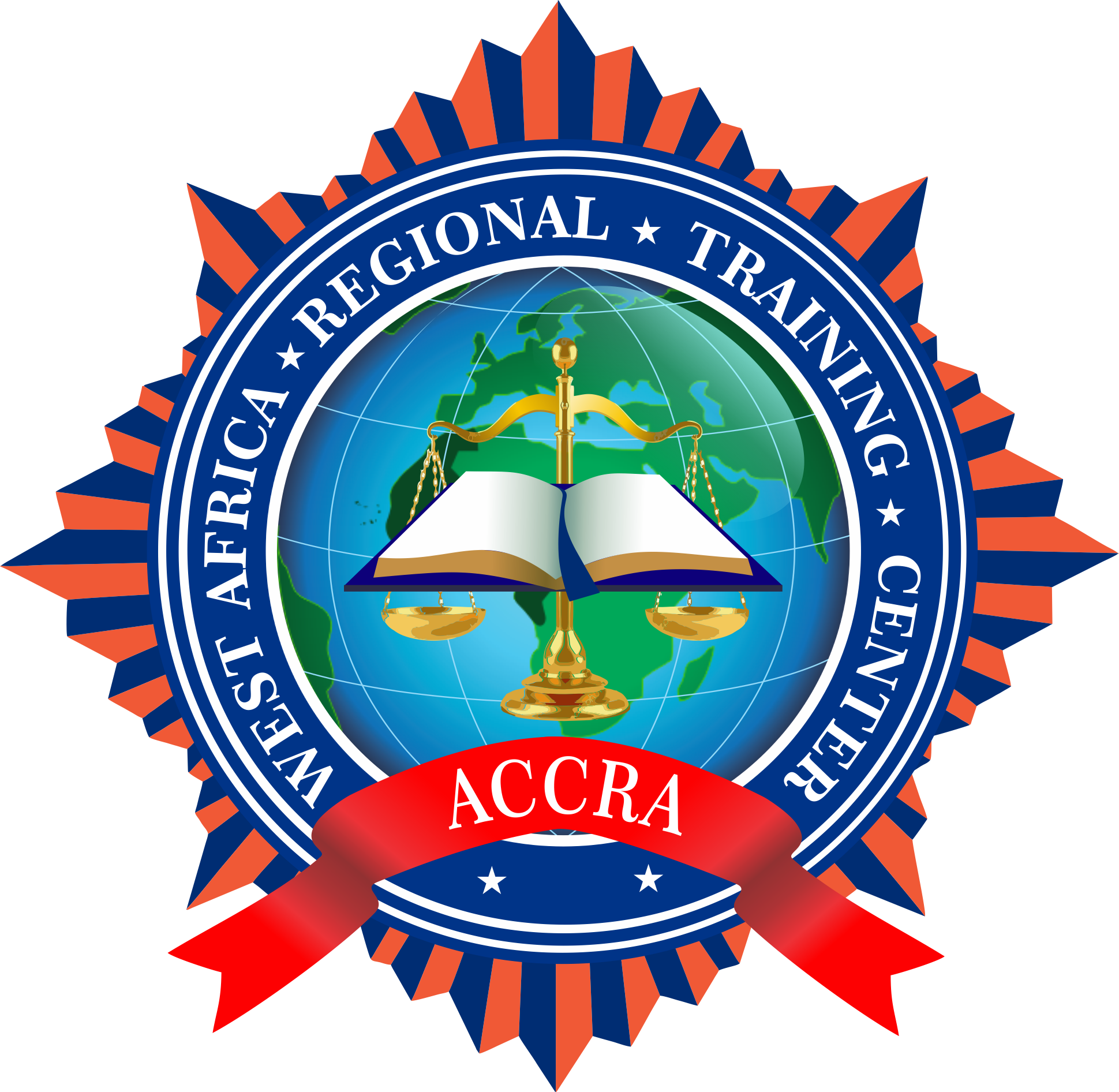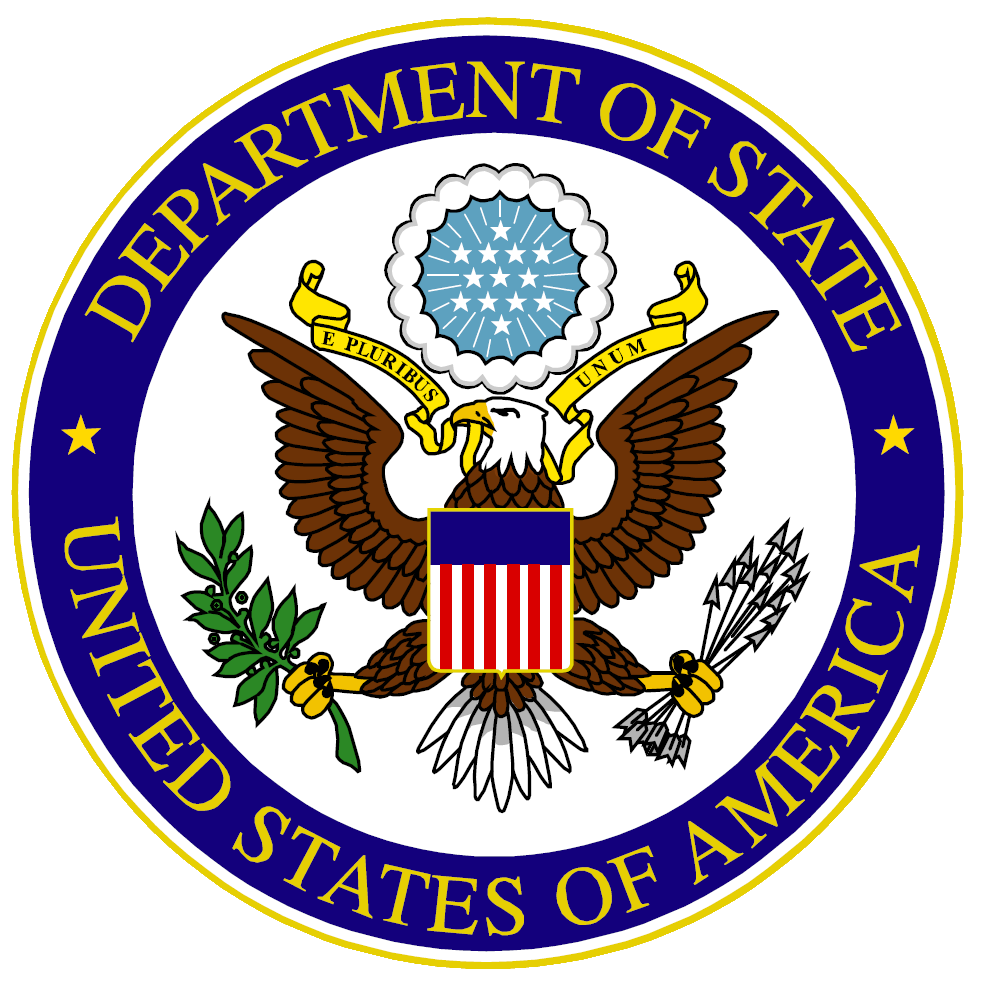Alumni In Focus
Mr. Magu

In our Alumni-in-Focus section this month, we would like to feature Mr. Ibrahim Magu, an RTC alumnus from Nigeria. Mr. Magu was recently appointed as the Acting Chairman of the Economic and Financial Crimes Commission (EFCC), and the RTC is proud to have him as an alumnus of this wonderful network. Join us as we journey into the accomplishments of Mr. Magu.
Mr. Magu- Chairman of EFCC
Could you please give us an introduction of yourself, focusing on your journey as a law enforcement agent?
I attended Ahmadu Bello University Zaria where I acquired a degree in accounting in 1986. I worked briefly as an accountant before joining the Nigeria Police Force (NPF) in 1990 as a Cadet Assistant Superintendent of Police. I worked in the police as a general duty officer as well as served in various capacities as an investigator in the NPF. I was seconded to the EFCC in 2003 as part of the founding team of the Commission. I headed a special unit charged with investigation of Politically Exposed Persons (PEPs). In this capacity I was involved in the investigation of complex high profile cases that were successfully prosecuted and convictions handed down by the courts both in Nigeria and the UK. I subsequently worked in the Internal Affairs Unit of the Commission until my appointment as the Acting Chairman in November, 2015.
The EFCC has been making the news recently with great advancements in the fight against money laundering and illicit finance. As the new chairman, what are the major challenges that you foresee in the fight against corruption?
EFCC as an institution is doing its best but not without challenges. Our challenges include bureaucratic bottlenecks in seeking cooperation across jurisdictions in our efforts to trace the proceeds of crime. Also, there is the issue of incessant delays in the administration of criminal justice in Nigeria, as well as, absence of laws protecting whistleblowers and the facilitation of civil asset forfeiture.
Having attended our Office of Professional Responsibility Course, what are your greatest takeaways from the RTC and our programs?
I greatly appreciated the need for an effective Office of Professional Responsibility in my organization. Thankfully, we currently have a Department of Internal Affairs that serves the same function; I was also impressed with the investigative reporting that served to place the entire case management and documentation sub-objective into perspective; Interviewing and interrogating colleagues in the Agency in the course of OPR/DIA investigations certainly improved.
Looking to the future, how do you see the EFCC evolving in the years ahead to combat corruption in Nigeria?
I see the Agency growing to play an increasingly pivotal role in the socio-economic development of Nigeria as a whole, as it plays an increasingly more collaborative and facilitating role amongst anti-corruption agencies in Nigeria in its inter-agency cooperation function. Also, going forward, I see the EFCC increasing in its corruption prevention role.
Finally, if you had the opportunity to recommend more training for your officers in Nigeria, what are some of the major topics that you would like them to be trained on?
The RTC currently serves a rich menu of courses. I however would want to see officers of the EFCC get trained in areas like;
- Money Laundering and Terrorist Financing
- Interview and Interrogation techniques
- Forensic Accounting / Audit Trailing
- Electronic / Cyber Crime Investigation
- Asset Tracing
We appreciate the time you made for this interview. We hope your success story will motivate all of our alumni who are working hard in the fight against crime! We wish you the very best in your new position. If you would like to be featured in our next “Alumni in Focus” segment, please send an email to info@westafricartc.org and we’ll schedule an interview.


